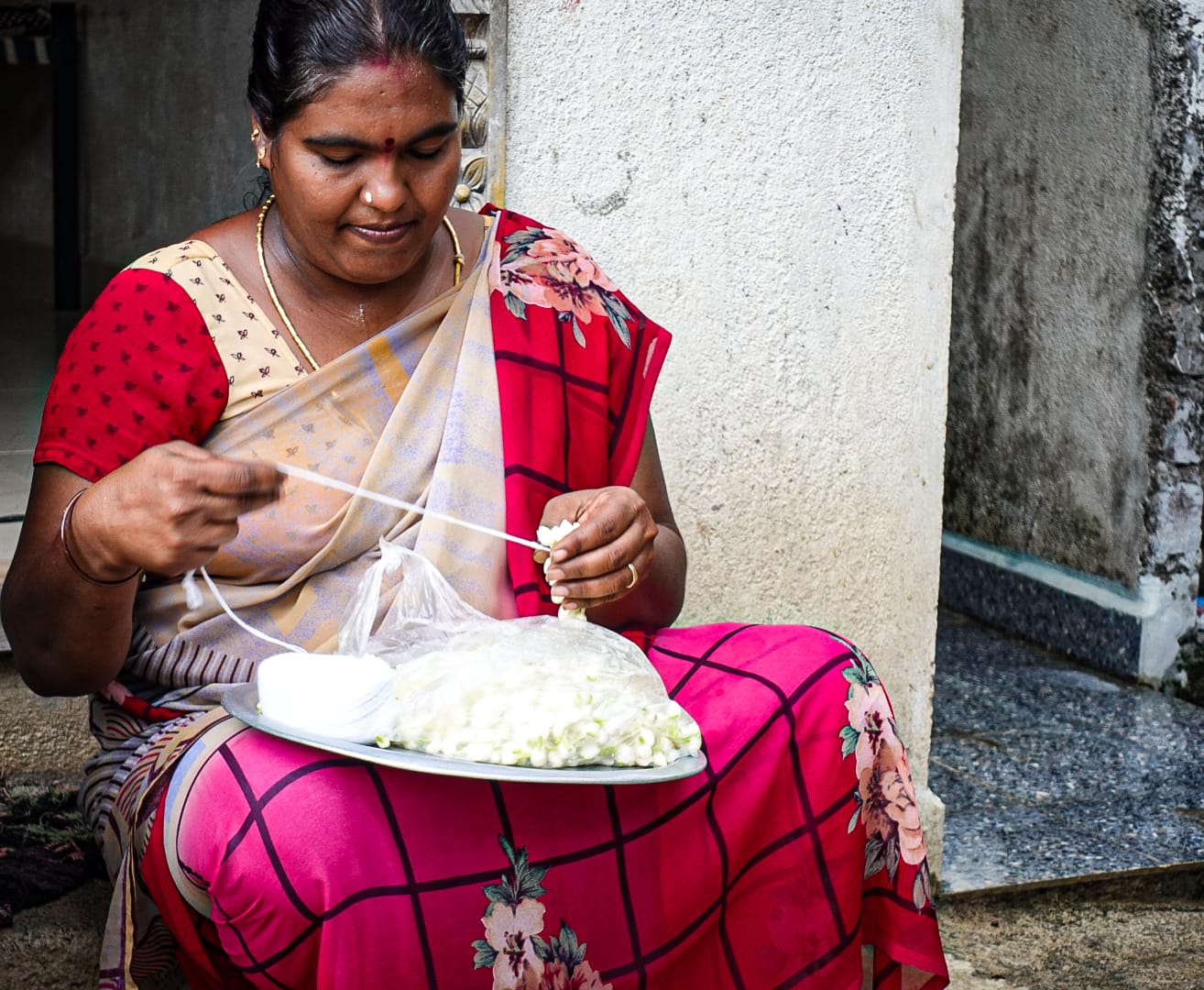Decentralized cooperation
Decentralized cooperation consists of a partnership between a French local authority and a foreign local authority, the framework of which is formalized by an agreement that defines the terms of intervention in the field (technical, organizational, financial, etc.).
As in any development aid project, many actors participate in the implementation of a decentralized cooperation project: local authorities of all sizes, water agencies, voluntary associations, NGOs with employees, corporate foundations, etc. Decentralized cooperation partnerships are often long term and do not limit themselves to a one-off action, but provide long term support and assistance for change. Relationships of proximity and trust are forged between the partner local authorities to define appropriate solutions that take into account local specificities.
It is common for French local authorities and their partners to delegate part of the management to associations based in France or in the countries of intervention. This is where HAMAP-Humanitaire intervenes as an assistant to the project manager. This makes it possible to limit the number of human resources of the local authority assigned to the management of the project and to benefit from the experience of an NGO such as HAMAP-Humanitaire, which is used to working in developing countries. Furthermore, several French local authorities can join together to manage a decentralized cooperation project in order to share resources or to broaden the areas of expertise covered by the cooperation.
By undertaking innovative, multi-actor, inclusive and cross-cutting projects in the water sector, decentralized cooperation makes a concrete contribution, responding to the needs expressed by its partners. It favors the appropriation of solutions in order to respond to the challenges posed by water stress, climate change, inappropriate use of water, and so many other problems related to the management of the water cycle.
The NGO HAMAP-Humanitaire accompanies decentralized cooperation projects with a dozen French communities (Occitania Region, City of Ramonville Saint Agne, Syndicat des Eaux du Centre Ouest, Syndicat des Eaux d’Ile de France, Communauté Urbaine de Dunkerque…). In general, the cooperation programs are carried out over a period of 3 years. The phase of defining the object of the commitment is essential, as is the choice of partners to be involved in carrying out the project.

